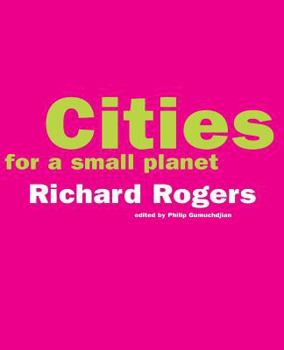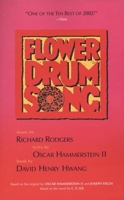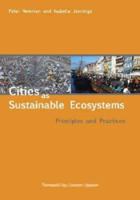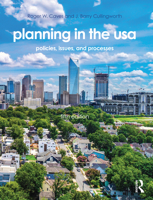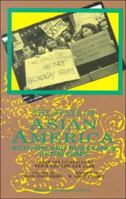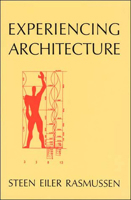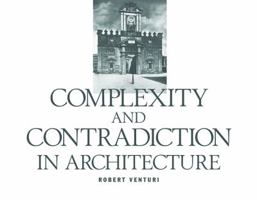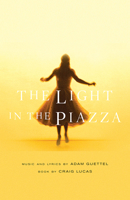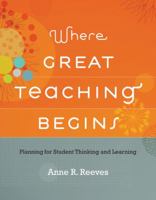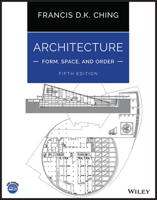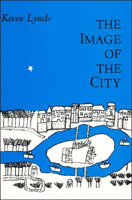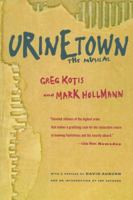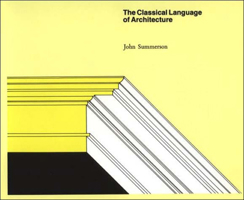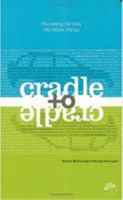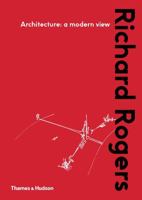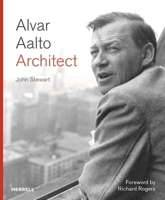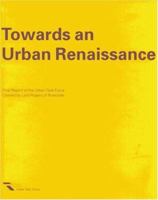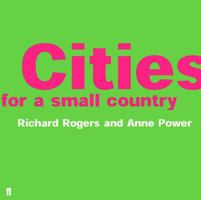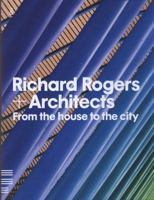Cities for a Small Planet
Select Format
Select Condition 
You Might Also Enjoy
Book Overview
Customer Reviews
Rated 5 starsfuture
There's probably a great truth in the fact that the last 50 years of planning have enrich few and impoverished many. Zoning is simple, clear, fast and economically definable, but it isolates the people who are destined to live there, and enslaves them to the use of car. Overlapping and dense urbanism is historically a step back, is more work for planners, more difficult to understand for the laymen and developers and will...
0Report
Rated 5 stars...But I like my life in the suburbs
"Cities for a Small Planet give me the reassurance that there are influential people trying to reduce the destructive impact of human activities on the world. The case study of Curitiba, Brazil is particularly inspirational. Author Richard Rogers looks for ways to make city centers more sustainable and points out the importance of public space within a city. He makes a case against single-use developments, the sprawl of...
0Report
Rated 5 starssmall in size, large in wisdom
It is a good book, small but with lots of information. It introduces in a simple form the urban problems of the world and tries to focus in it's solutions. After I read it I showed it to teachers at my school and they now quote it in class.
0Report
Rated 5 starswell designed and with great insight
Unusual and very well thought-out propositions for the architectural/urbanization problems that arise today as society everywhere struggles with increasing overpopulation. EWspecially noteworthy is the inclusion of small town issues, a topic normally overlooked by other architects/scholars who write on urban planning. Some interesting research, and of course the intriguing sketches and drawings I associate with Rogers,...
0Report
Rated 5 starsexcellent, innovative interesting ideas
After reading this book, I wanted to pack my bags and head to London to study with Richard Rogers. His observations on the importance of balancing population, resources and the environment is right on. He identifies the need for compact cities, but seeks to reinvent the dense city model to be a cleaner, greener, more integrated place. Rogers pays specific attention to positive social changes that compact cities can make,...
0Report











